Oliver Stone has made waves as a filmmaker for taking on controversial subjects matter and stating it in his own viewpoint. Films that include everything from Born on the Fourth of July to Wall Street and The Doors. Stone has dealt in providing a unique view of history for years in his films. Stone, who narrates this series begins by saying: this is the history you haven't been told. Using an excellent level of sourcing, Stone provides a unique, if ocassionally skewed view of history from his perspective if this 10 part Showtime Series.
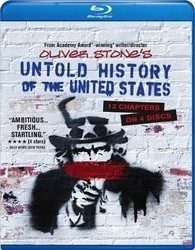
Studio: Warner Brothers
Distributed By: N/A
Video Resolution and Encode: 1080P/AVC
Aspect Ratio:
Audio: English 5.1 DTS-HDMA
Subtitles: English
Rating: Not Rated
Run Time: 12 Hr. 36 Minutes (Including Extras), 56 Min Per Episode
Package Includes: Blu-ray
Disc Type: BD50 (dual layer)
Region:
Release Date: 10/15/2013
MSRP: $49.99
The Production Rating: 4/5
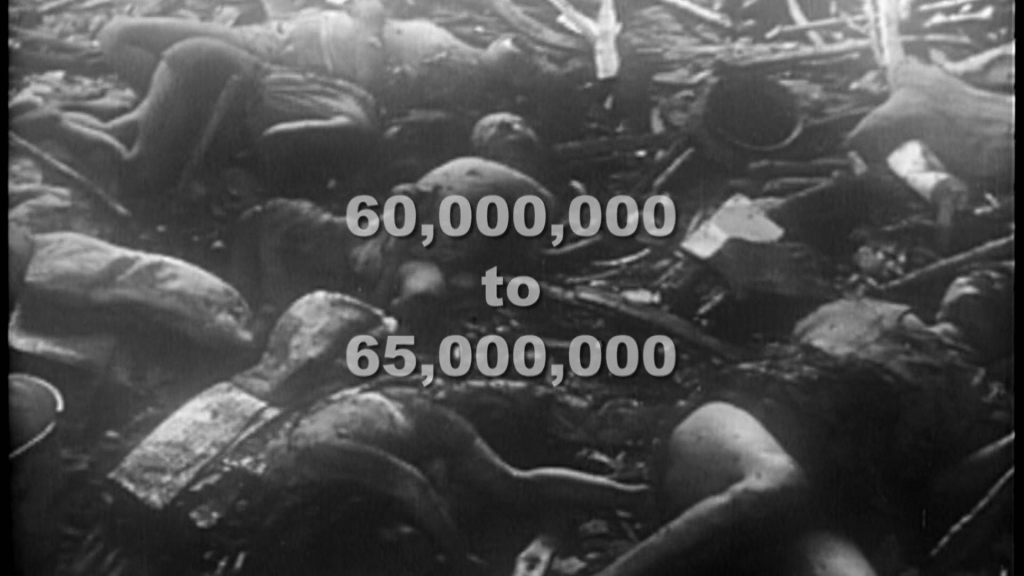 Chapter 2: Roosevelt, Truman & Wallace
Chapter 2: Roosevelt, Truman & Wallace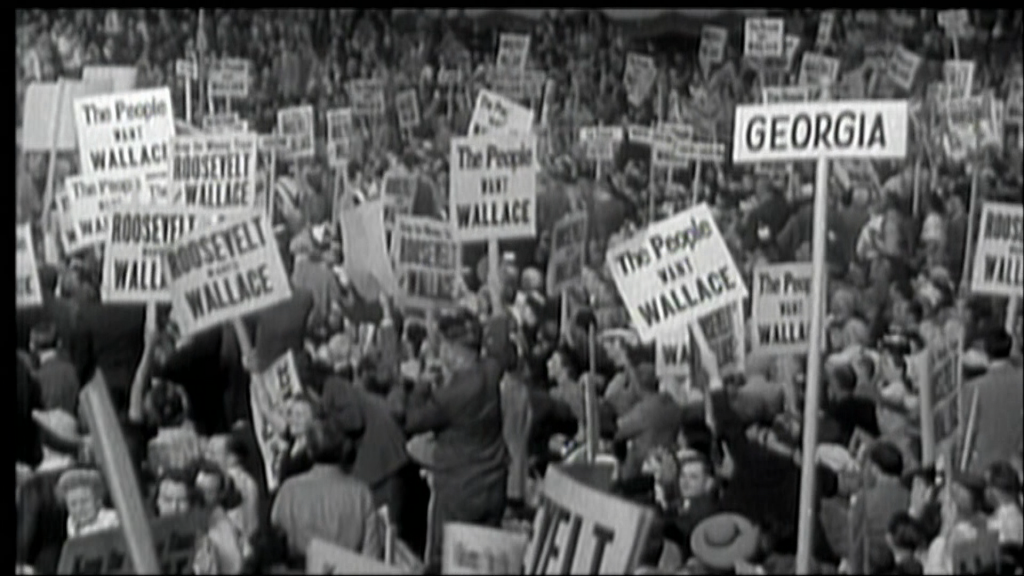 Chapter 3: The Bomb
Chapter 3: The Bomb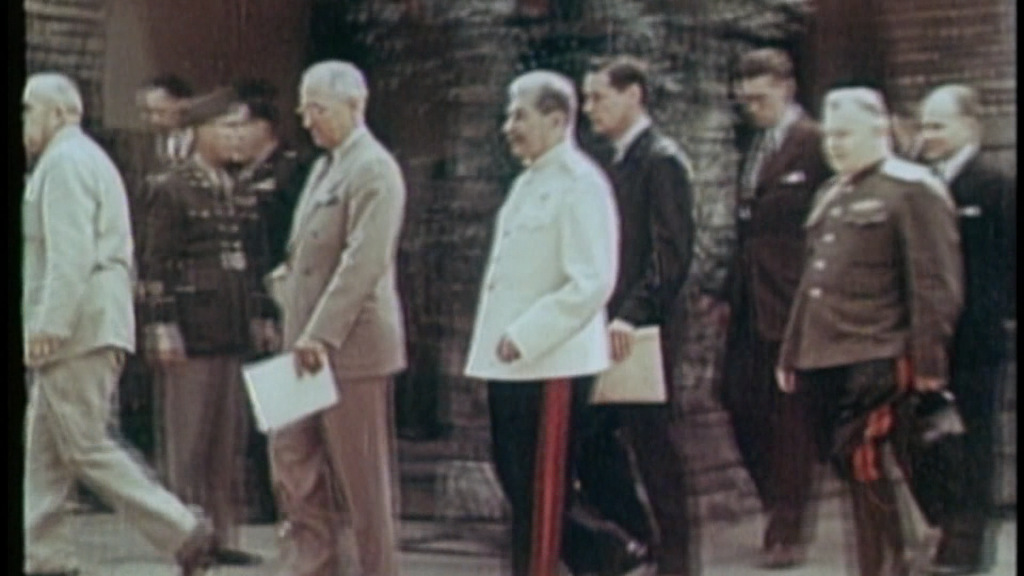 Chapter 4: The Cold War: 1945–1950
Chapter 4: The Cold War: 1945–1950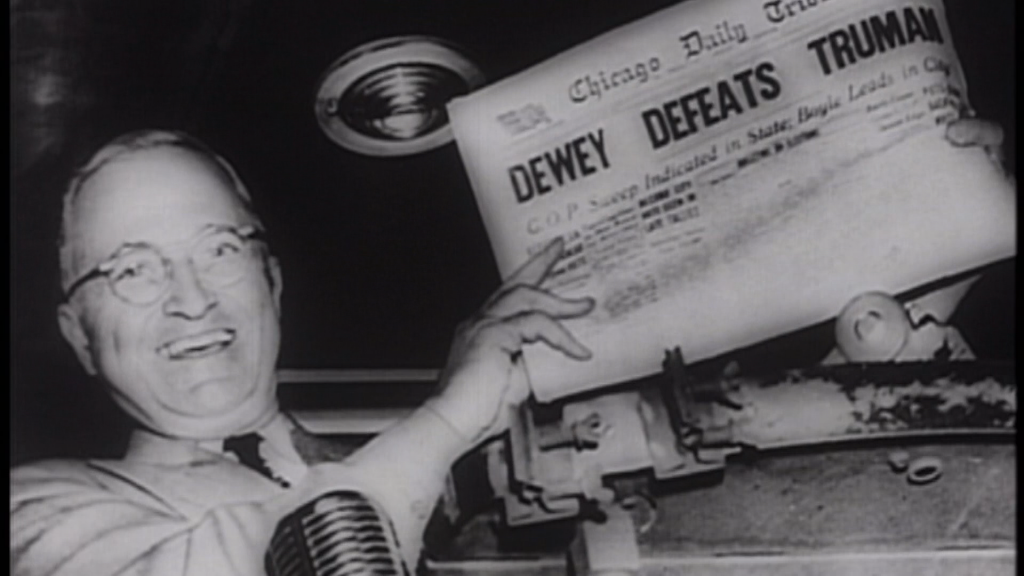 Chapter 5: The 50s Eisenhower, the Bomb & the Third World.
Chapter 5: The 50s Eisenhower, the Bomb & the Third World.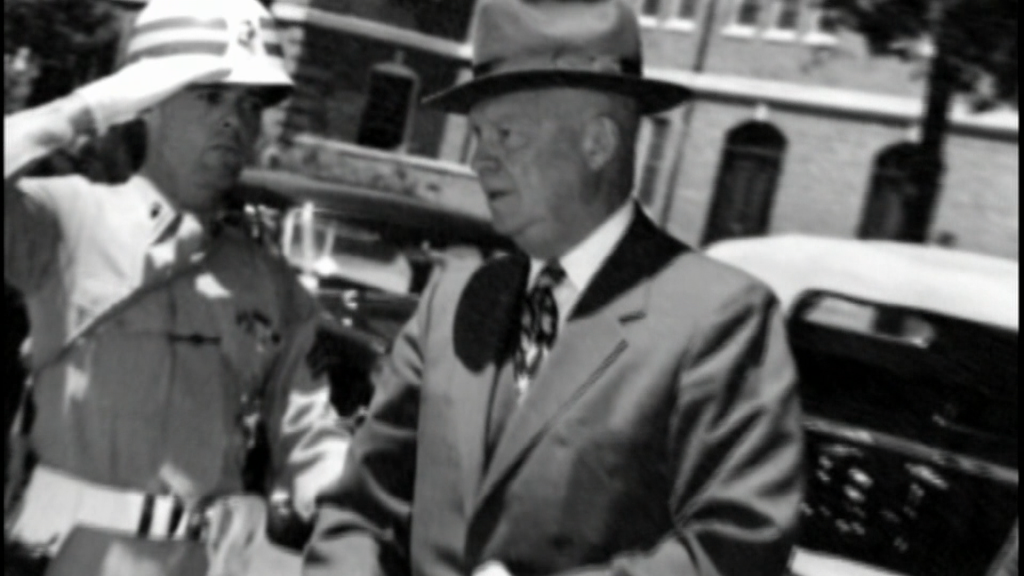 Chapter 6: JFK: To the Brink
Chapter 6: JFK: To the Brink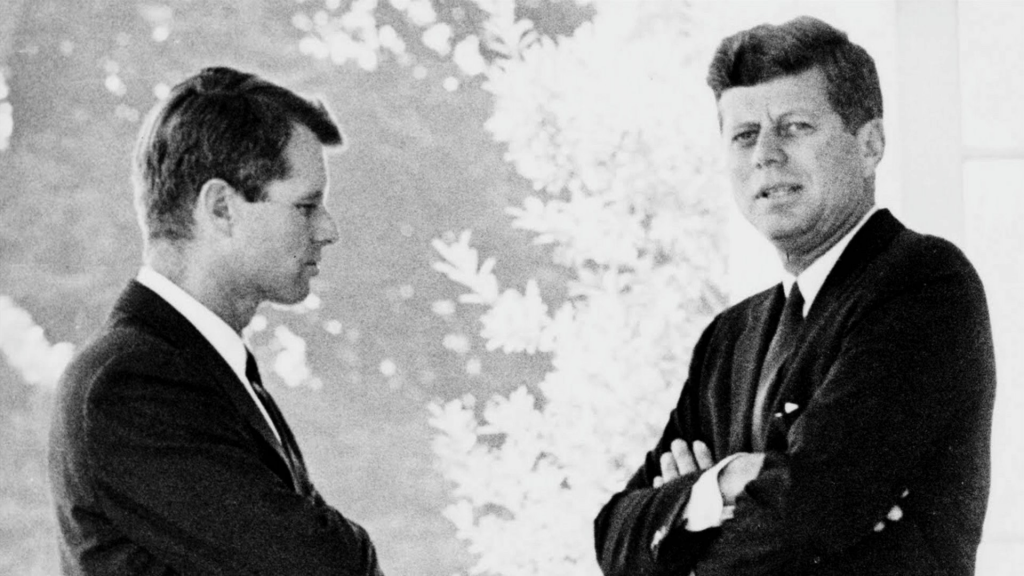 Chapter 7: Johnson, Nixon & Vietnam: Reversal of Fortune
Chapter 7: Johnson, Nixon & Vietnam: Reversal of Fortune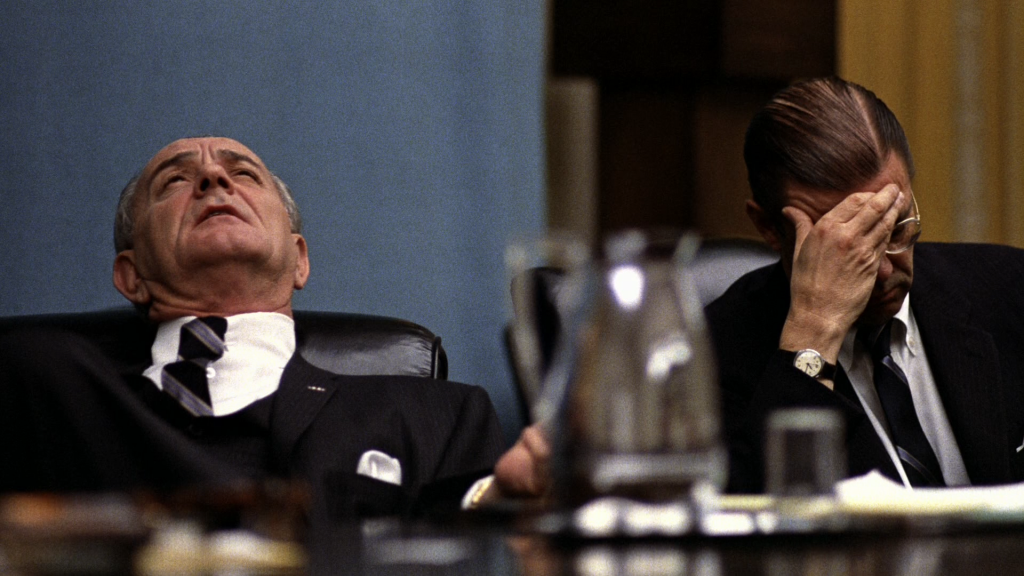 Chapter 8: Reagan, Gorbachev & Third World: Revival of Fortune
Chapter 8: Reagan, Gorbachev & Third World: Revival of Fortune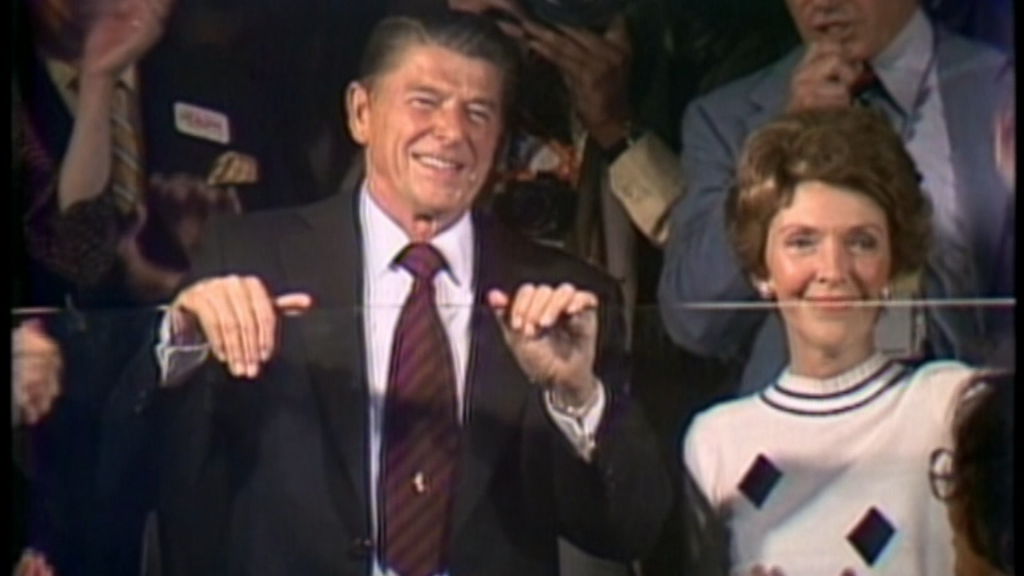 Chapter 9: Bush & Clinton: Squandered Peace - New World Order
Chapter 9: Bush & Clinton: Squandered Peace - New World Order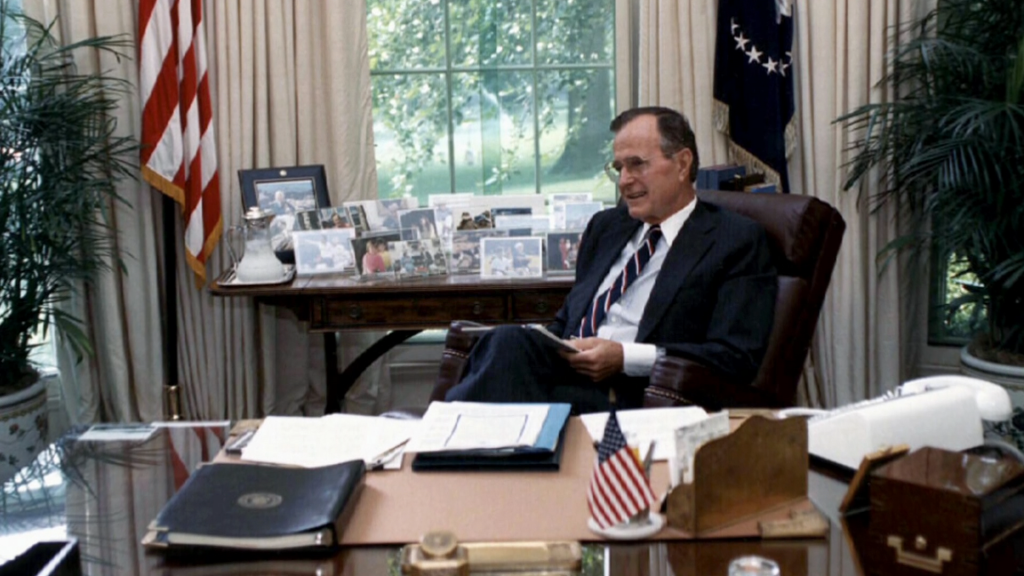 Chapter 10: Bush & Obama: Age of Terror
Chapter 10: Bush & Obama: Age of Terror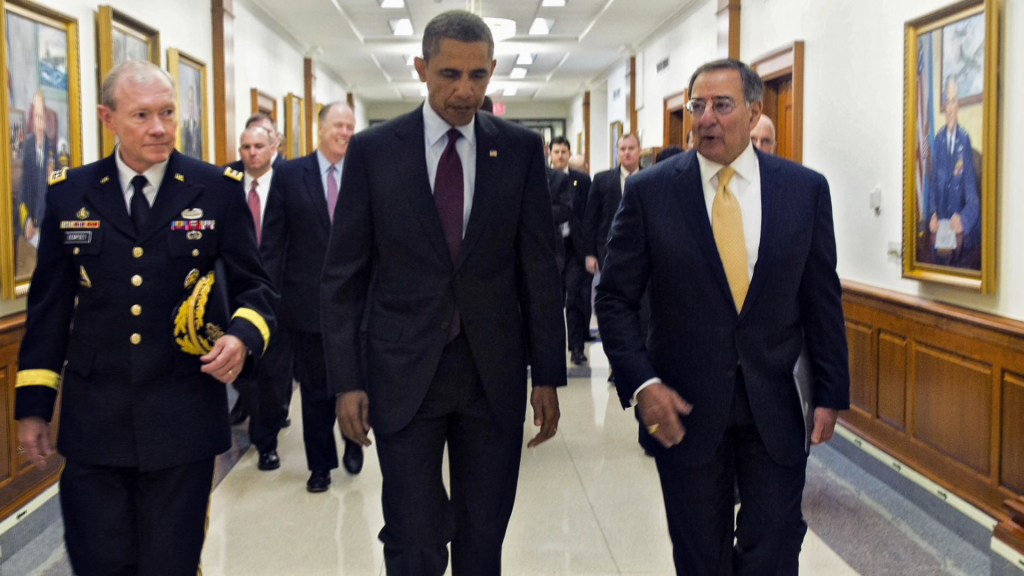 In the end, I found some of the episodes to be cut in a way that made his specific case; and a few that I thought didn't work as well as intended. Specifically, I found some episodes (Eisenhower, Kennedy and Carter) to be amongst the weakest and most problematic as far as intent and prophetic vision assigned. It's sometimes easy to imply that the outcome should be known, but historians have a duty to remember that most historical figures, unless myths, are humans and do not have the ability to see into the future. These episodes presented some real problems that I feel will probably cause many audience members to simply walk away.Stone's work is interesting.. but it is not as good as it could be, and is not so much history as it is history as interpreted through a narrative constructed by the author. There is nothing wrong with that - as long as you take it for what it is, a viewpoint.
In the end, I found some of the episodes to be cut in a way that made his specific case; and a few that I thought didn't work as well as intended. Specifically, I found some episodes (Eisenhower, Kennedy and Carter) to be amongst the weakest and most problematic as far as intent and prophetic vision assigned. It's sometimes easy to imply that the outcome should be known, but historians have a duty to remember that most historical figures, unless myths, are humans and do not have the ability to see into the future. These episodes presented some real problems that I feel will probably cause many audience members to simply walk away.Stone's work is interesting.. but it is not as good as it could be, and is not so much history as it is history as interpreted through a narrative constructed by the author. There is nothing wrong with that - as long as you take it for what it is, a viewpoint.
Video Rating: 4/5 3D Rating: NA
Audio Rating: 2/5
Special Features Rating: 4/5
Overall Rating: 3.5/5
Reviewed By: MattCR
Support HTF when you buy this title:

 ) because when Stone tackles history, his views are heard by many--and it is important to be knowledgeable about the views of someone whose voice can be far-reaching.
) because when Stone tackles history, his views are heard by many--and it is important to be knowledgeable about the views of someone whose voice can be far-reaching.



